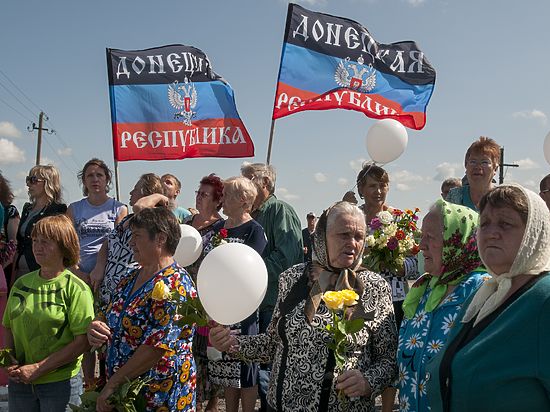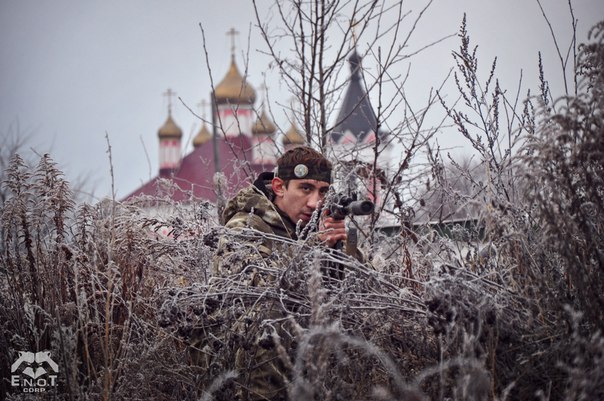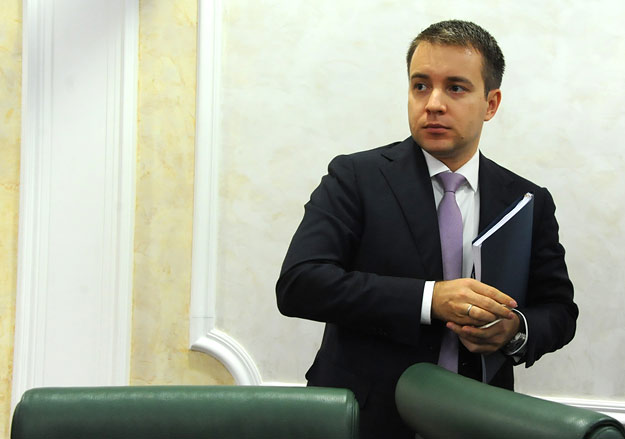The question "How should we perceive and treat Putin's Russia?" is becoming ever sharper in the West - it is asked in government offices, pondered by representative, the answer is sought by journalists, pundits, historians and ordinary people.
This could be quite a normal occurrence, if not for one thing: the basis of the discussion of the topical question is the detailed coverage by the Western press of the dubious role of Moscow in the crisis in Ukraine and the anti-Western propaganda campaign waged by the Kremlin through Russian media, as well as unbiased information on the mindset of Russia's ruling elite and the social and economic situation in the country. The result is definitely not a favorable, even an outright negative picture of modern Russia, which, for example, was proven by the classified analysis o the German MFA that was disclosed to Spiegelonline.
Here are several characteristics given by the German diplomats to Russian reality: "The Parliament dances to Putin's pipe. Courts put out verdicts necessary to the Kremlin. Putin has turned the country into an authoritarian state in all aspects... The elites and the middle class accept the state of affairs because they depend on the system economically and even receive substantial benefits from it.. Corruption has become an integral part of the state and is being combatted selectively..."
To be fair, it should be noted that some voices in the West call to understand the logic of Putin's Russia, although they are not helping. Kerstin Holm of Frankfurter Allgemeine Zeitung has been writing about Russian culture since the early 90s and revealed many modern Russian poets, artists and writers to German readers. She sincerely loves out art, sympathizes with our difficulties and problems so she is among the proponents of the belief that you can't take rash actions, push away and isolate Russia without which you can't imagine European culture.
For emotional stress and probably as a legitimate stylistic technique Kerstin Holm compares the Kremlin to a bear, to whom "NATO and EU's flirting with Ukraine is a signal of another threat to his lair, and a beast in this situation becomes dangerously unpredictable". This allegory, against the author's better judgment, has a directly inverse effect, reviving the main character of the Cold War, a scare for the Western audience for decades, a hero of innumerable parodies, comic books and Hollywood movies about the perfidious Soviets. The spiral of history has gone full circle and locked in even in the minds of those in the West that sympathize with us on the past that recently seemed to have gone forever, and now the image of Russia volens nolens associates with the aggressive Soviet bear in a fur cap and an AK-47 in hand, smugly sitting upon a nuclear bomb.
Gerd Koenen, Doctor of History, a well-known author of books and articles on the communist movement and the story of German-Russian development, directly, without any stylistic purpose in mind, compares Russia to "a pig eating her piglets". It sounds rude, but the author backs his words: "The Modern Russian Federation is the largest state in the world but yet has a GDP comparable to France, still based on the export of raw energy resources. With few exceptions, the creation of a modern civic sector industry and the required scientific and technical potential has failed. Russia is withering not only on the outskirts - even in central regions tens of thousands of villages have gone empty, settlements and industrial towns are slowly dying".
Instead of tackling these problems, Putin, Gerd Koenen believes, "tries to connect everything completely and deadly separated in the history of Russia: the Tsar and Stalin, the church and secret police, White generals and Red comissars, unknown victims of the mass terror and their executioners. This aim, the German historian believes, explains the Kremlin's actions on annexation of Crimea, active support of the Donbas "separatists" and direct involvement of Russian soldiers in the fighting in eastern Ukraine, propaganda and now economic breakup with the West. He goes even further in his conclusions: symptoms are evident of an internal historical, ideological and political emptiness as an expression of own self-consciousness, bearing grave danger to Ukraine and the EU in general: saber-rattling and the external expansion adventures will eventually lead the Russian society to another overtension which will not end well.





